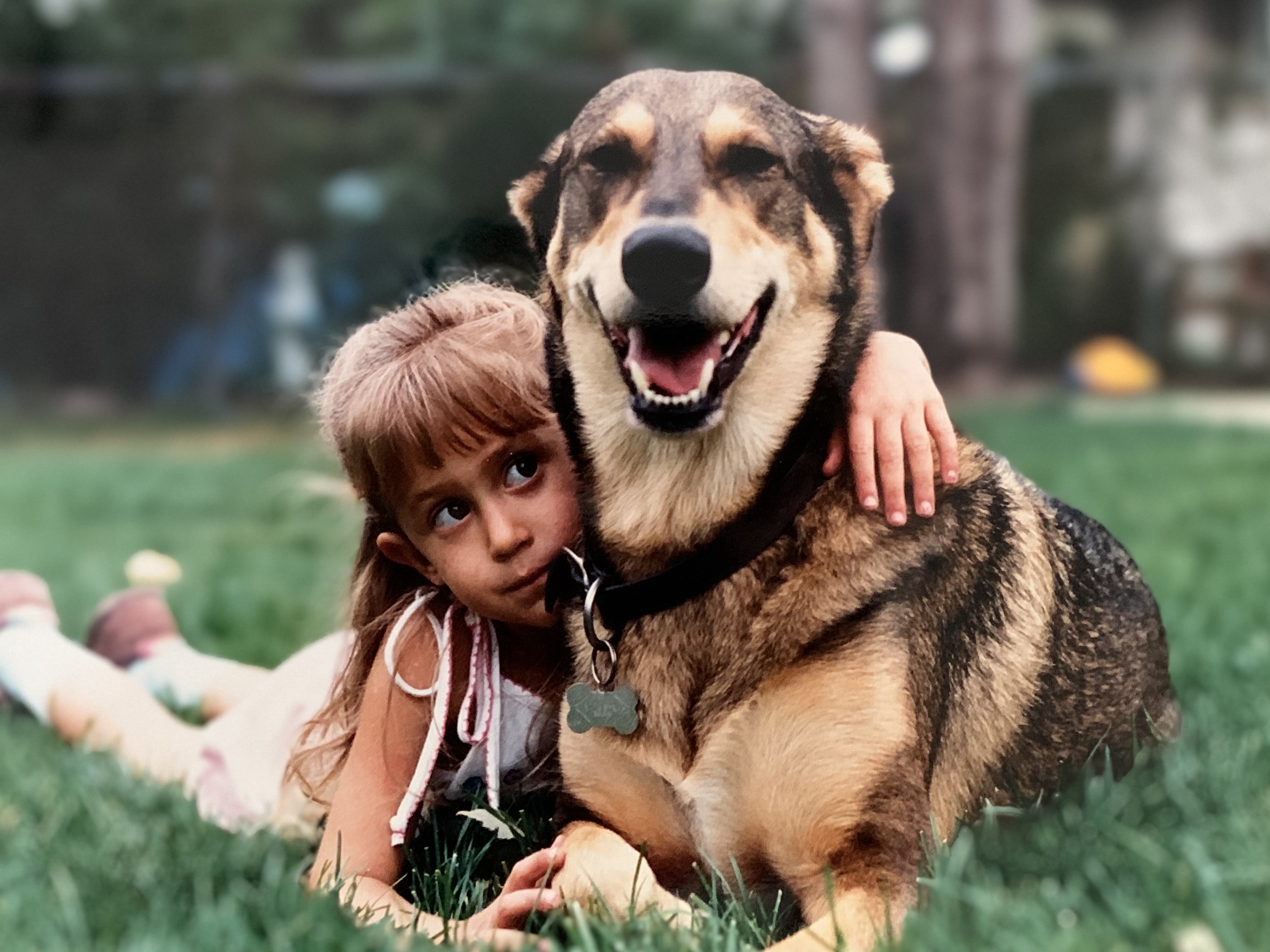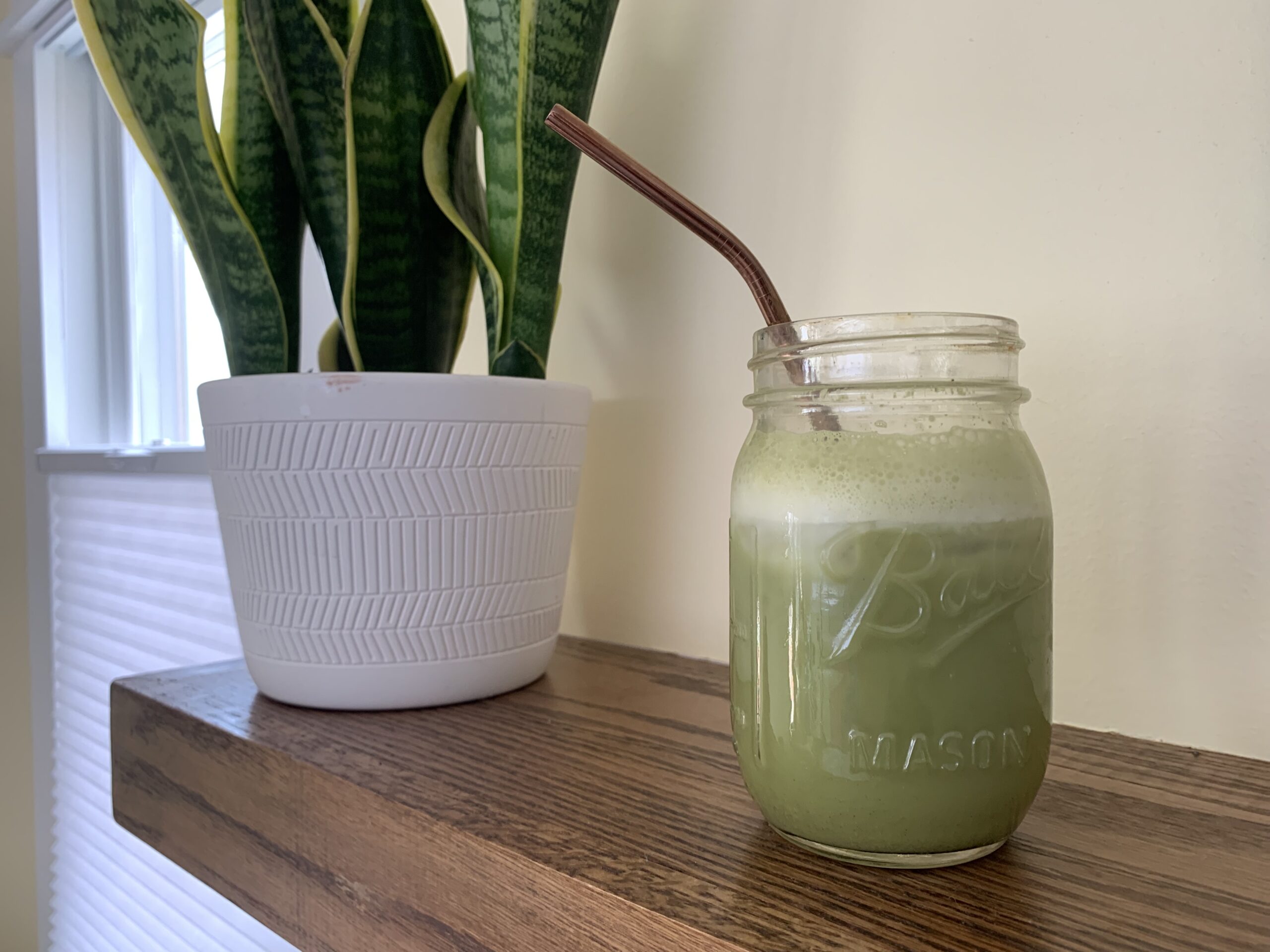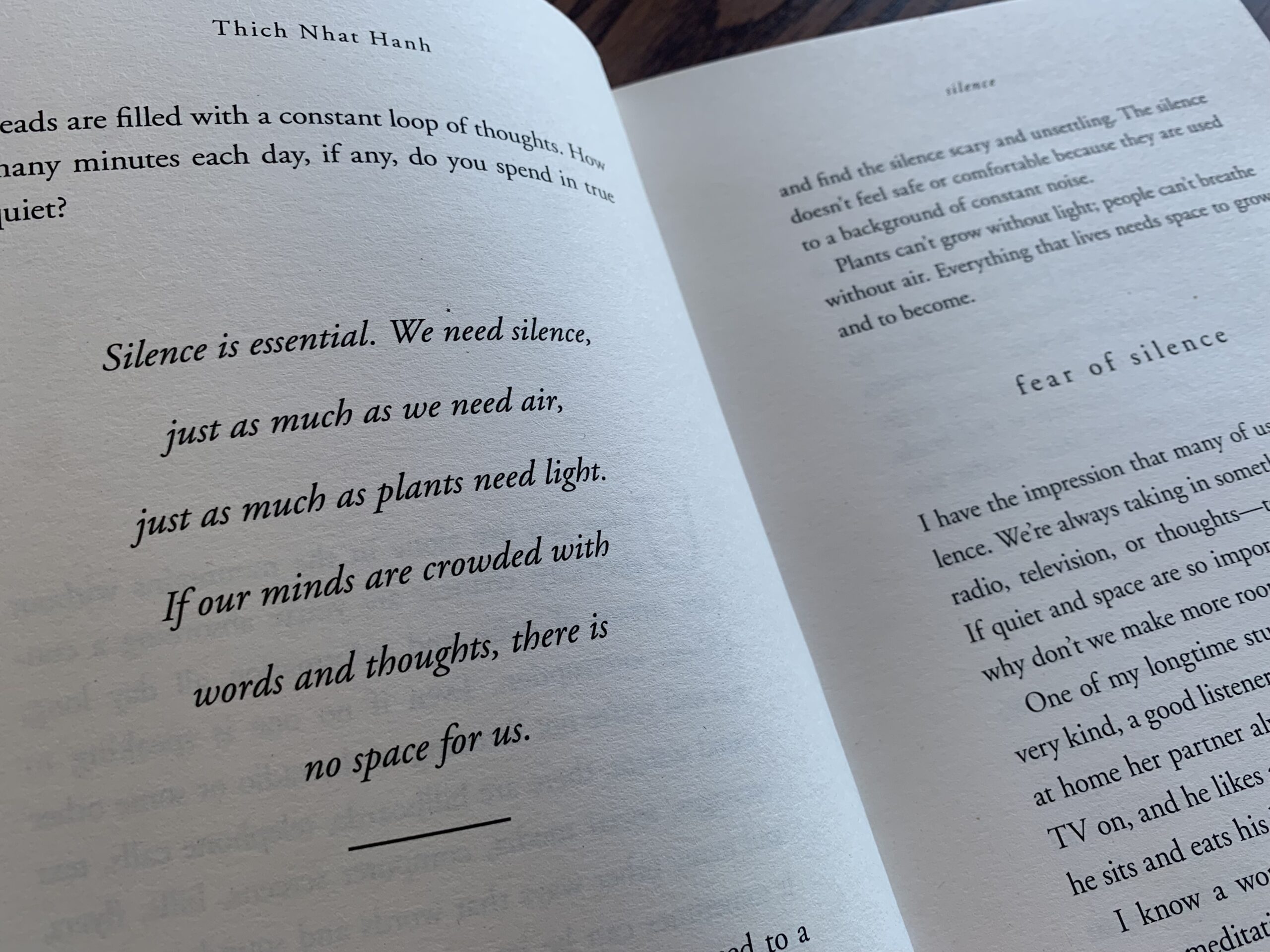Highly sensitive people (HSPs) make up around 20-30% of the population. Of course this means that approximately 80% of society doesn’t experience life the way we do. Sometimes, as a result, highly sensitive children are forced to participate in life in ways that are uncomfortable or even emotionally damaging for them.
Unrealistic Expectations
Unfortunately, many highly sensitive adults have memories of being pushed too hard or of not feeling heard when something didn’t feel right to them as a child. Many of us have been told not to cry when we truly couldn’t help it. We’ve also encountered adults who didn’t understand that we simply needed empathy, and a softer approach.
So what does this mean for HSPs who come into adulthood having tried (and failed) to conform to a society that wasn’t built for them?
For many of us, we feel “less.” Less capable. Less tolerant. Less than.
HSPs are More
This feeling of “less” couldn’t be further from the truth. On the contrary, HSPs are more feeling, more empathetic, more creative, and more aware. We are more gentle and more tolerant with others. We have an important voice in society.
Unmet Needs
Of course, there comes a time when we have a choice to flip our own script. How would you have liked your sensitive soul to be parented as a child?
I know, for me, what I wanted was to be heard and for my feelings to be treated with respect. I would have liked to be handled gently and honored when something became overwhelming to me. It would have been so helpful to have experienced both the modeling and the encouragement of healthy boundaries. But most importantly, I wish my sensitivities had been held up as a virtue. Instead, I always felt like I needed to change my neurological wiring, which is an unfair and impossible assignment for anyone, let alone a child.
It is important to note that parents are people. I was raised in the 80s. The research behind identifying the Highly Sensitive Person hadn’t happened yet. My parents wanted me to succeed, and they worried that my sensitivities would make it hard for me to make my way in the world. But I know better now.
Re-parenting your Inner Child
The way that I began to undo the hurt was by re-parenting my inner child. This starts by imagining that I am now little Anna’s mom. She is a sweet, sensitive, imaginative child, who simply wants all of the wonderful aspects of her personality to be seen and nurtured.
It helps to have a picture of yourself from childhood to reference as you become comfortable with this idea. The picture I think most represents hardship for me is my 4th grade school photo. I was already pretty awkward and had become acutely aware of my sensitivities. As if to magnify my discomfort, my mom decided on an itchy, ugly, synthetic red velvet dress for me on picture day. It was a long day of mental fog and self-loathing, and I’ll never forget it. I like to imagine that I am re-parenting that little girl. I think she needs it the most.

Now, when I have feelings or needs or become overwhelmed, I imagine little 4th grade Anna experiencing these feelings. I guide myself through these moments as I wish my parents had done for me back then. It is now my responsibility to hear my feelings, and to gently encourage myself to both do hard things and have healthy boundaries.
A Degree of Separation
I believe this method of healing is so incredibly useful to me because, as an empath, I still struggle to put myself first. But when I re-frame these self-love practices as re-parenting, it puts a little imaginary separation between me and myself.
Further, now that I am an adult, I am in full control of exactly how I will nurture and parent my inner child. This is so incredibly empowering.
Become your Best Support
Carve out a moment to brainstorm how you would like to have been nurtured as a sensitive child. You can use what you uncover as a guide to begin re-parenting yourself. Remember, you are worthy of a gentle, steady, and encouraging hand of support in everything that you set out to do.



